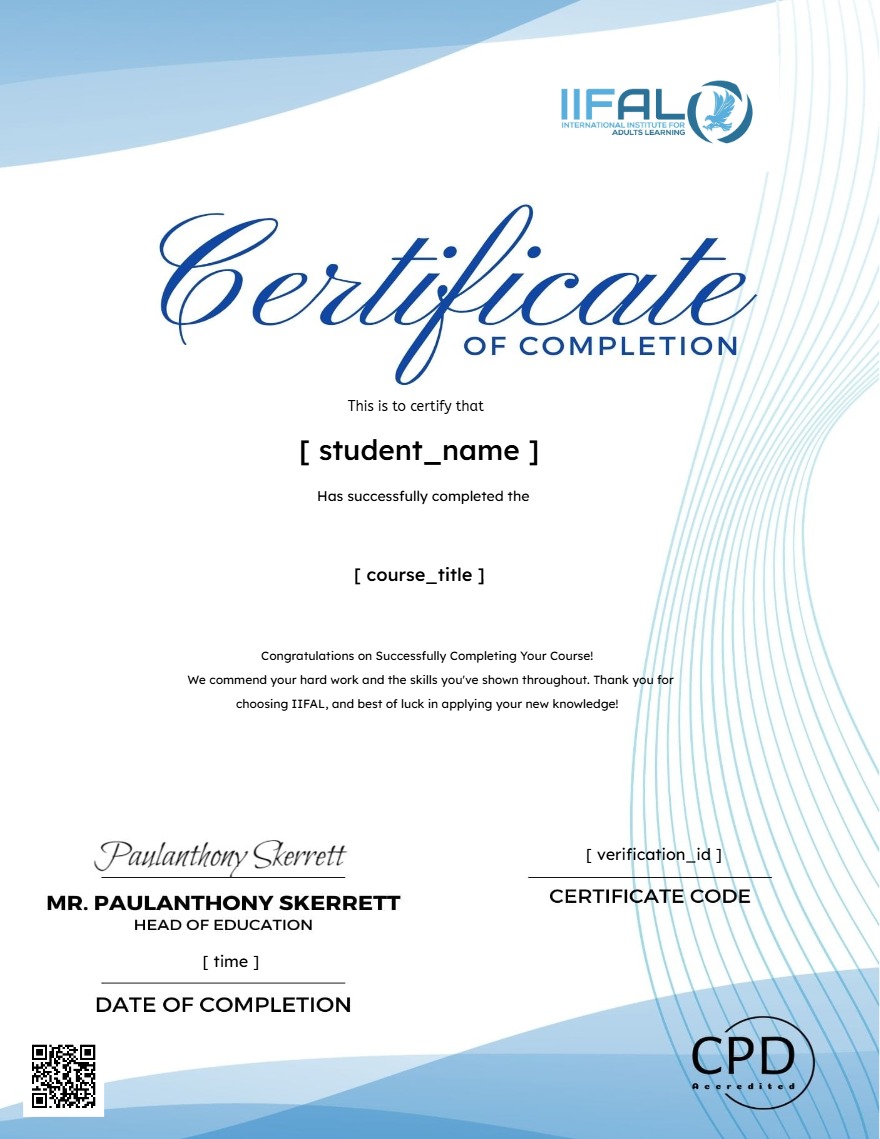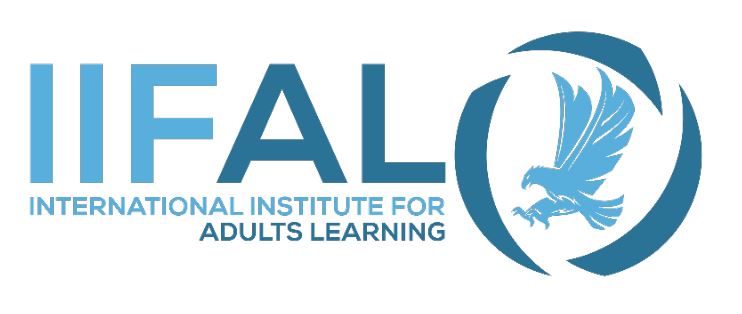
About Course
Critical Thinking Skills for Professionals is designed to equip participants with essential tools to enhance their problem-solving and decision-making abilities in today’s dynamic professional environment. The course emphasizes the importance of approaching challenges with clarity, open-mindedness, and creativity, enabling professionals to navigate complexity and uncertainty with confidence.
Participants will learn to identify and avoid common thinking errors, such as biases and assumptions, and will explore a structured, seven-step problem-solving model. This practical framework helps define problems, gather relevant information, generate solutions, evaluate options, implement strategies, and reflect on outcomes for continuous improvement.
Through real-world case studies and collaborative exercises, participants will apply critical thinking principles across diverse contexts, including leadership, management, and project planning. They will also gain strategies for overcoming resistance to new ideas and integrating critical thinking into organizational decision-making processes.
By the end of the course, participants will have developed the skills to analyze complex issues, anticipate challenges, and foster innovation, ultimately driving positive outcomes in their professional endeavors. This course provides a powerful foundation for anyone looking to excel in today’s fast-paced, competitive business world.
Course Content
Foundations of Critical Thinking
Introduction to Critical Thinking
Common Thinking Errors: Recognition and Avoidance
Foundations of Critical Thinking
Developing Intellectual Humility
Fostering Open-mindedness and Curiosity
The Seven-Step Problem-Solving Model
Application of Critical Thinking in Professional Contexts
Critical Thinking Skills: Knowledge Check
Earn a certificate
Add this certificate to your resume to demonstrate your skills & increase your chances of getting noticed.


